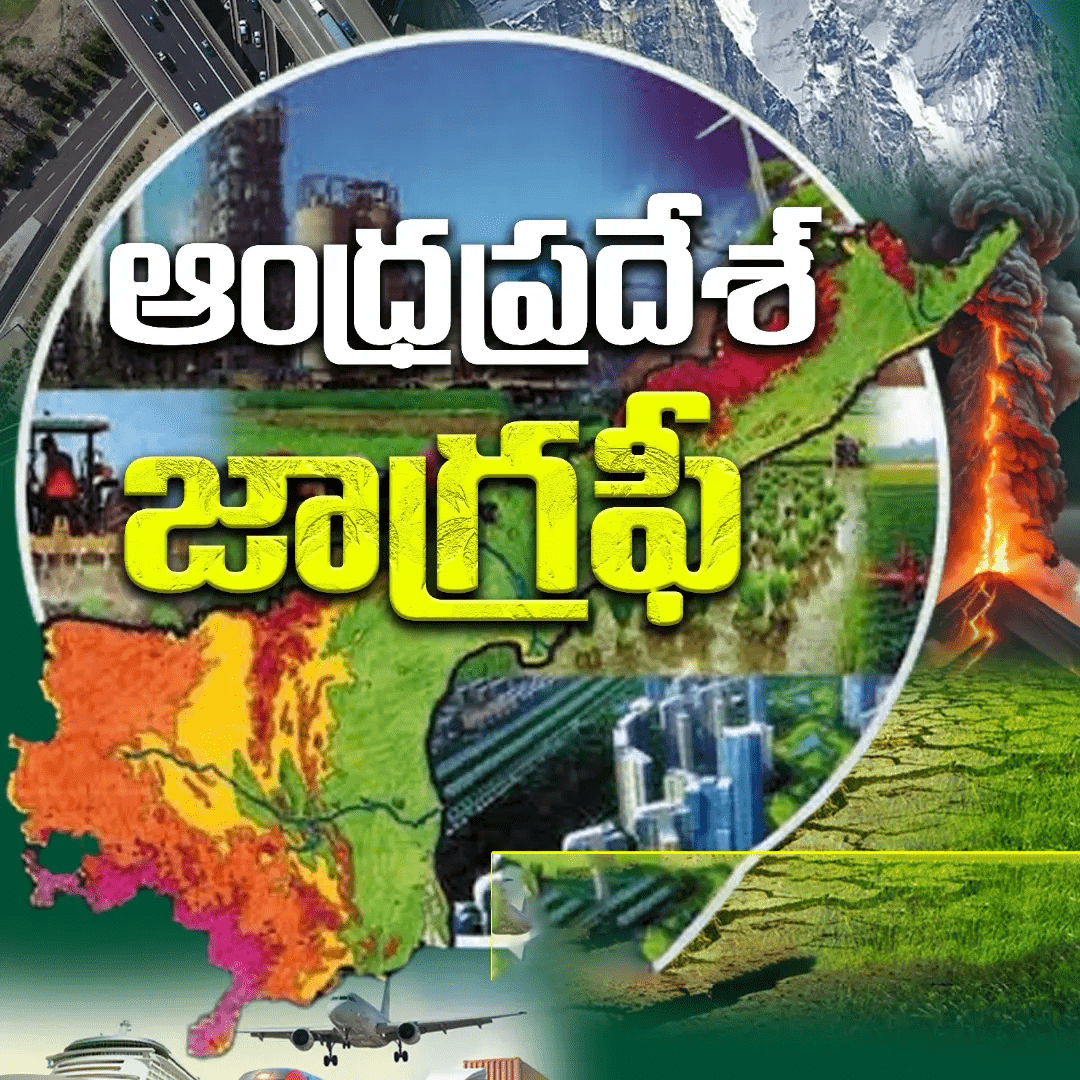
About Course

Course Content
Historical Background Of Andhra Pradesh
-
Historical Background Of Andhra Pradesh
33:53
Symbols & Geographical Profile Of Andhra Pradesh
Andhra Pradesh Physiography
Andhra Pradesh Climate
Andhra Pradesh Soils
Andhra Pradesh Forests
Andhra Pradesh Drainage System
Andhra Pradesh Transportation
Andhra Pradesh Population
Andhra Pradesh Industries
Student Ratings & Reviews

No Review Yet
